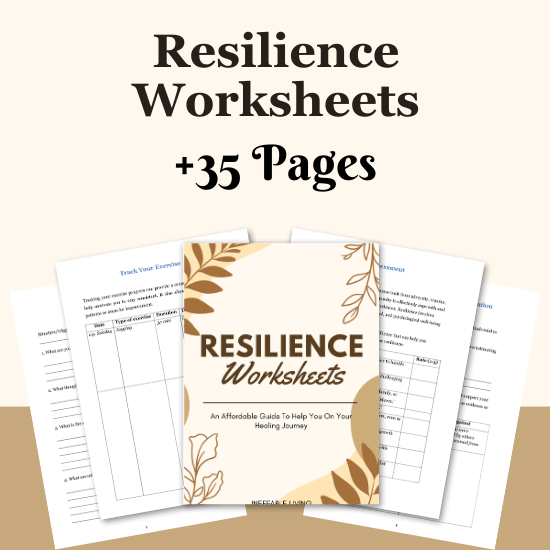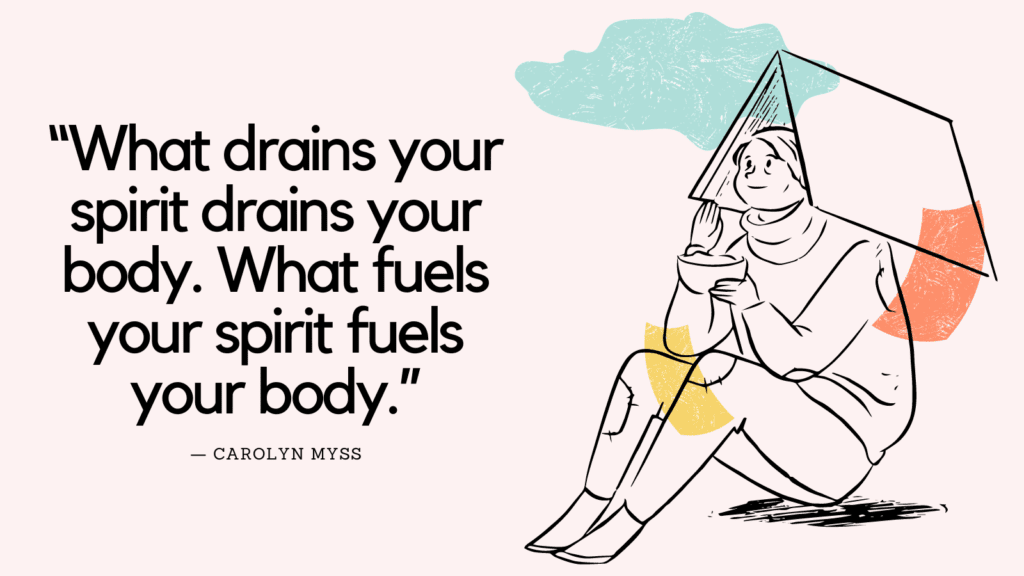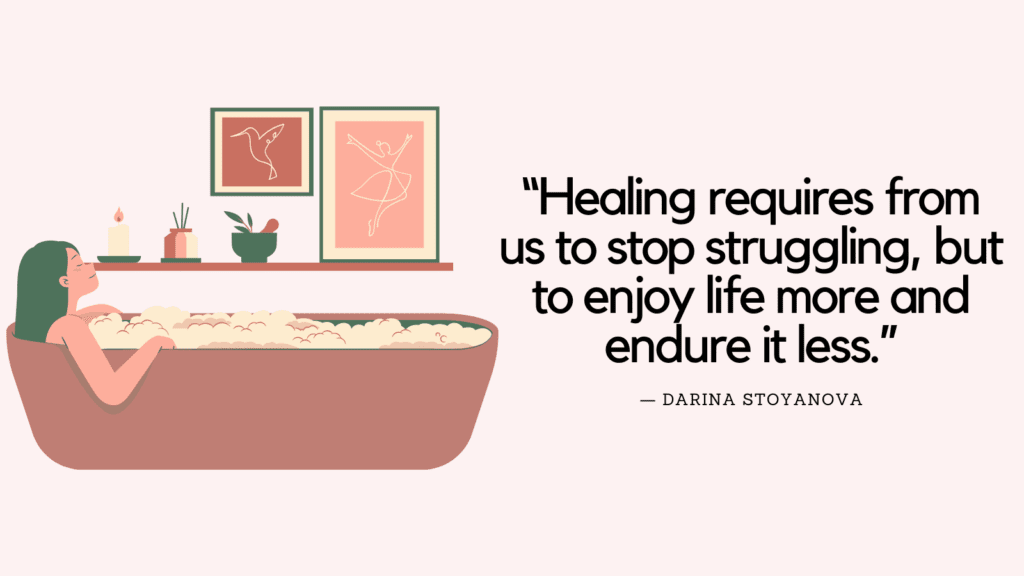Journaling is a powerful tool for mental health, providing a safe space to explore emotions, track progress, and gain insights into one’s thoughts and behaviors.
It can be a transformative practice, helping individuals navigate challenges, reduce stress, and foster a deeper understanding of themselves.
In this guide, we’ll explore a series of top mental health questions designed to prompt deep reflection and promote emotional well-being.
Understanding Your Emotions
1. How am I feeling right now?
Reflect on your current emotional state. What emotions are most prominent?
2. What triggered these feelings?
Identify the events or thoughts that led to your current emotional state.
3. What does this emotion tell me about my needs?
Explore what your emotions are signaling about unmet needs or desires.
4. How do I typically respond to this emotion?
Consider your usual reactions to this emotion and whether they are healthy or harmful.
5. What can I do to better manage this emotion?
Brainstorm healthier ways to cope with or express this emotion.
Related: Top +100 Journal Prompts For Mental Health [+Free PDF Printable!]
Exploring Your Thoughts
6. What recurring thoughts have been occupying my mind?
Identify any persistent thoughts that have been on your mind lately.
7. Are these thoughts helpful or harmful?
Evaluate whether these thoughts contribute to your well-being or distress.
8. What evidence supports or refutes these thoughts?
Challenge the validity of your thoughts by seeking evidence for and against them.
9. How can I reframe negative thoughts into more positive or realistic ones?
Practice cognitive restructuring by transforming negative thoughts into healthier alternatives.
10. What new perspective can I adopt to change my thinking pattern?
Explore alternative viewpoints that might help shift your thinking.
Related: Top 21 Healing Journal Prompts To Support Your Healing Journey
Self-Awareness and Personal Growth
11. What are my core values, and am I living in alignment with them?
Reflect on your core beliefs and whether your actions reflect these values.
12. What strengths do I possess that I often overlook?
Identify and celebrate your personal strengths.
13. What personal growth have I experienced recently?
Acknowledge areas where you’ve grown or learned something new.
14. What challenges have I faced, and how did I overcome them?
Reflect on recent difficulties and the strategies you used to navigate them.
15. What areas of my life need more attention or improvement?
Identify aspects of your life that may need more focus or effort.
Related: Best 25 Journal Prompts For Self Love
Coping and Resilience
16. What are my go-to coping mechanisms during tough times?
List the strategies you use to cope with stress or adversity.
17. Are these coping mechanisms effective or do they need adjustment?
Evaluate whether your coping strategies are healthy and effective.
18. How do I recharge and take care of my mental health?
Reflect on your self-care practices and how they contribute to your well-being.
19. What does resilience mean to me, and how do I cultivate it?
Explore your understanding of resilience and ways to build it.
20. What have I learned from past experiences that can help me in future challenges?
Identify lessons from the past that can strengthen your resilience moving forward.
Related: Best 100 Journal Prompts For Confidence
Relationships and Social Connections
21. How do my relationships impact my mental health?
Reflect on the positive and negative influences of your relationships.
22. What boundaries do I need to set to protect my mental health?
Consider where you need to establish or reinforce boundaries in your relationships.
23. How can I improve communication in my relationships?
Explore ways to enhance your communication skills with others.
24. Who in my life provides support, and how can I nurture those connections?
Identify your support network and think about how to strengthen those relationships.
25. How do I handle conflict, and what can I do to resolve it more effectively?
Reflect on your approach to conflict resolution and how it might be improved.
Related: Top 25 Self Reflection Journal Prompts
Stress and Anxiety Management
26. What are my main sources of stress right now?
Identify the primary causes of stress in your life.
27. How do I physically and emotionally react to stress?
Explore your body’s and mind’s responses to stress.
28. What can I do to reduce or manage my stress levels?
Brainstorm stress-reduction techniques that could work for you.
29. How does anxiety manifest in my life, and what are my triggers?
Reflect on how anxiety affects you and what triggers it.
30. What grounding techniques can I use when I feel overwhelmed?
Identify strategies that help you stay grounded during anxious moments.
Related: Best 35 Journal Prompts To Get To Know Yourself
Goal Setting and Future Planning
31. What are my short-term and long-term goals?
Outline your goals for the near and distant future.
32. How do these goals align with my values and passions?
Ensure your goals are in harmony with what you value most.
33. What steps can I take today to move closer to my goals?
Break down your goals into actionable steps you can start now.
34. What obstacles might I face, and how can I overcome them?
Anticipate challenges and plan strategies to tackle them.
35. How will achieving these goals contribute to my overall well-being?
Reflect on the potential positive impact of reaching your goals on your mental health.
Related: Top 23 Journal Prompts For Self Growth
Self-Reflection and Mindfulness
36. How present am I in my daily life?
Reflect on your ability to stay in the moment.
37. What distractions pull me away from being fully present?
Identify what keeps you from staying mindful throughout the day.
38. How can I incorporate mindfulness into my routine?
Explore ways to practice mindfulness daily.
39. What did I learn about myself today?
End each day by reflecting on new insights gained.
40. What am I grateful for today, and why?
Cultivate a gratitude practice by focusing on the positives in your life.
Related: Top 21 Emotional Writing Prompts To Process Emotions

Conclusion
Journaling is more than just a tool for momentary reflection; it’s a lifelong practice that can continuously support your mental health and personal growth.
By regularly engaging with these questions, you can develop a deeper understanding of yourself, enhance your emotional resilience, and navigate life’s challenges with greater clarity and confidence.
Start small, be consistent, and allow your journal to become a trusted companion on your mental health journey.



